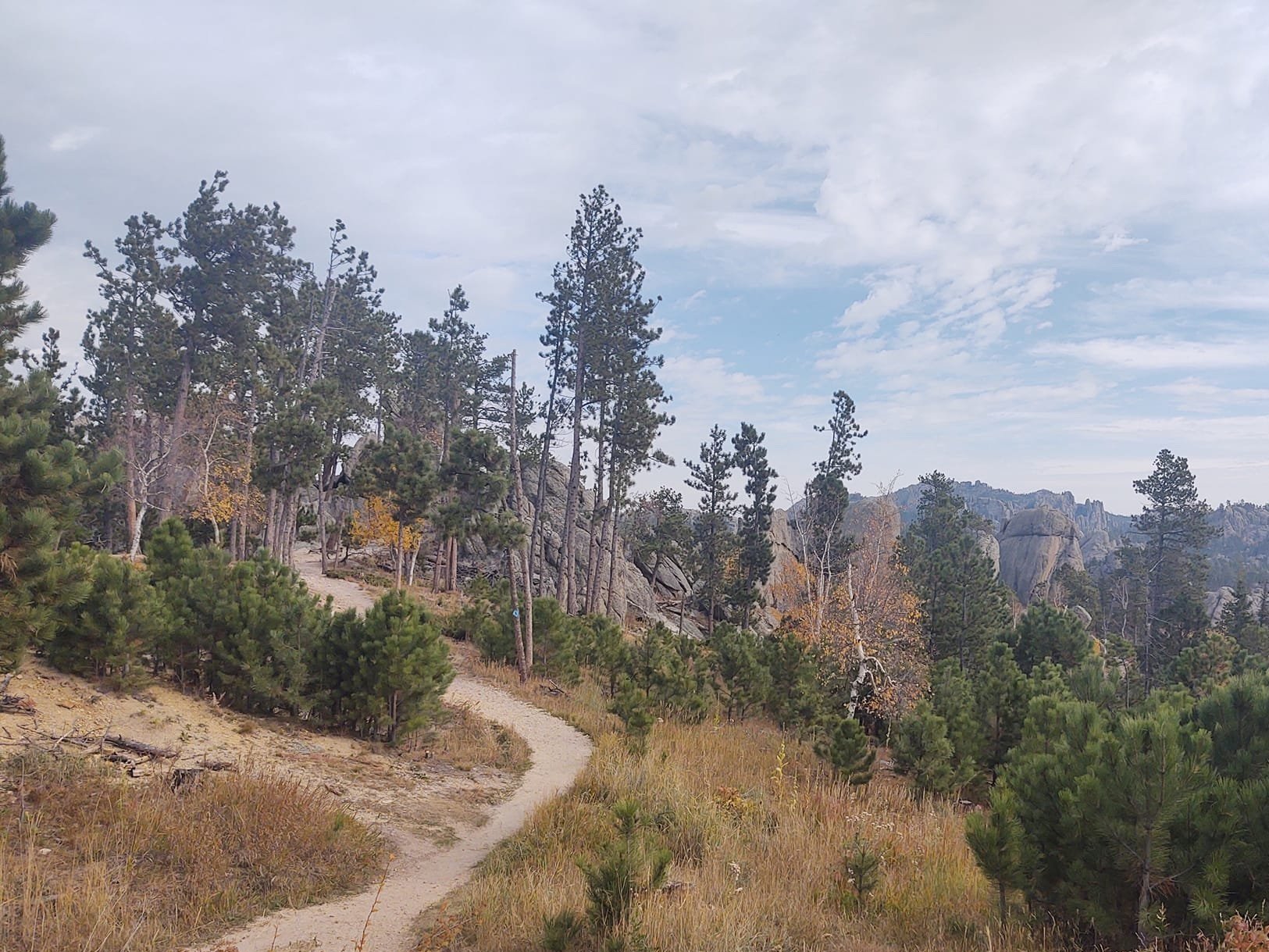Finding Myself: My Thoughts on Personal Vocation
EmmaLee Miklosovic
Throughout the year of 2022, I was single. I had dated someone for a short time the year before and it had not been what I had dreamed of. I had a lot of fun with him, but there were things that didn’t pan out how I wanted them to. Plus I was afraid to communicate certain things to him and eventually I felt pretty trapped in the relationship — though I didn’t want to admit it to myself.
I had been so convinced that I was ready for a relationship. I had never dated before, nor had I ever fallen in love (except with Jesus haha) and I was of the mindset that because I was 20 it was embarrassing that I had never dated. I wanted to be pursued by a man, and known by one.
After this relationship, though, I had found that I was not as ready for a relationship as I thought I was. I don’t regret having dated this guy at all, even though it was a humbling experience. I think I needed this experience to realize I needed to take time to focus on Christ as a single woman.
I had never intentionally done this before. I was single by circumstance, not by choice, and so I had never really leaned into my singleness. But this experience of dating made me realize how necessary that is to embracing an intimate relationship with Christ and to serving Him to the best of my ability.
Over the summer I made the decision to take six months to be single and focus on my relationship with the Lord. The purpose had partially been in order to discern my vocation, whether or not I felt called to get married or to go into religious life.
Over the course of that time, my perspective on vocation changed quite a bit. I went from thinking I had to decide whether or not to be religious or get married, to just wanting to know who Christ is calling me to be. This seems like common sense that you would need to discern who you are before discerning how you will spend the rest of your life, but it is very common in Catholic culture to just focus on the state in life vocation of priest, nun, or married and then let everything else follow.
That is not to say this is a bad perspective or anything, but I think in many ways we rush into a vocation because we think we have to, when God has created us for something specific. I think we focus too much on the what we’re supposed to be and not the who we are.
I took a class during my last semester of college called Human and Spiritual Integration. We spent time reflecting on death, on our personal wounds, and on our personal vocations and I found it to be very eye opening — I wish everyone could take that class.
As I have moved to Iowa, I moved with the intention of taking the time to find myself. Not in the secular way of thinking, but I want to know myself as the Lord knows me, what He made me for, who He created me to be. St. Bonaventure has a beautiful quote which says, “Every creature is a divine word because it proclaims God.” We discussed this idea in my class and I have continued to reflect on it as I have moved and started my adult life. What is my “word” so to speak? How do I uniquely proclaim God through who I am?
Dr. Joshua Miller and Luke Burgis have a book titled Unrepeatable where they discuss vocation in a similar way to how I now grasp it. Chapter 3 of their book begins with the story of St. Gianna Molla who had cancer when she was pregnant and in order to protect her baby she refused cancer treatments and ended up giving her life for her child. They discussed how her sainthood did not simply come down to the choice she made to save her baby, but it was a result of the series of choices she made throughout her life to become who God was calling her to be. To live her personal vocation in life.
They go on to talk about what personal vocation is. How a persons personal vocation is the way that the Lord personally calls us to follow Him. It’s more than merely choosing between a state of life, it goes deeper than just deciding to get married. It’s God’s word spoken in us. It’s the sum of what our life had been, “the thread that runs through an entire life from beginning to end.” (Miller, Burgis; 78). It is who we are.
We each are a word of God, and my goal as I have moved away from home and begun my career in ministry has been to find my word. Not to find my state in life vocation, but to find the root of who I am, who the Lord has created me to be.
It is a slow process because I have to patiently take the time to reflect on my life, and allow God into every moment. I have to be intentional about taking time in silence and allowing the Lord to speak (which I am sometimes very bad at). I have to be willing to confront my imperfection and my woundedness. But the Lord will work in and through the time I take for it.
I think it is extremely important to look at discernment this way though, to take the time to figure out who we are, who God has created us to be. I think many people get to their personal vocation after choosing their state in life vocation, and so I don’t think it’s completely wrong to go about it that way. But there is a huge importance to having an intimate relationship with God and in knowing Him, coming to know ourselves.
For so long I have put my state in life vocation before taking the time to truly know who I am in the eyes of the Father. This has caused a lot of pain in my life because I have felt unworthy of romantic love, and not holy enough for religious life. I have felt this insane pressure to make a decision about my vocation as soon as I can because I am an adult and should have my life figured out.
None of these are true, but they are within Catholic culture. We should be forming young people, not to be pressured to make hasty decisions about their state in life vocation, but to find their personal vocation. We should be aiding them in strengthening their relationship with God so they can see who they are meant to be, not what they are meant to be. The state in life vocation will naturally follow what our personal vocation is.
I am no expert by any means, I am still learning who I am. I am young and I am impatient and so it will be a long process for me to confidently be able to say who I am, who the Lord has created me to be. I know that the Lord is working in my life, though, and it will be made clear eventually.
It is a matter of allowing the Lord to guide you, through prayer and having an intimate relationship with Him in the Eucharist, and seeking to follow Him in all you do. Seeking spiritual direction is a great way to help discernment as well, or even having someone to walk with you on the journey. And it is a matter of learning to surrender everything to Him so He can work in you however He intends. He will guide you to where you are meant to be — trust in Him and allow His will to become yours.
He knows you better than you know yourself and He will never lead you to a place where you will not be fulfilled.
This blog post originally appeared on the Joyfully His Blog with Emmalee Miklosovic, and is used with permission.

